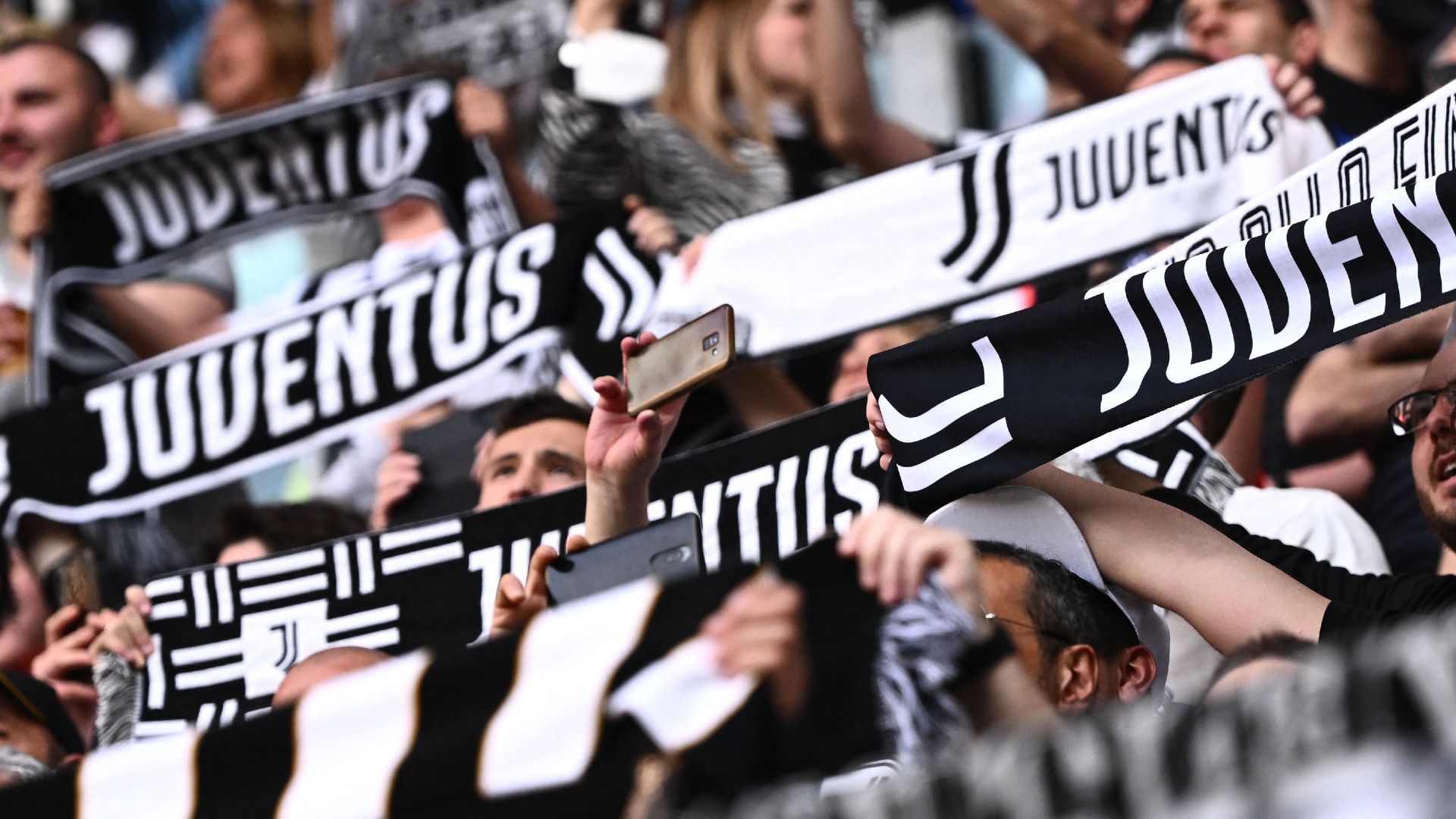The digital landscape, particularly social media platforms and dedicated fan channels, has become the primary arena for this discontent. The core of the complaint? A staunch refusal to accept what are described as «illations» – insinuations or baseless accusations – directed at Juventus. This isn`t merely about a single contentious call; it`s about a persistent narrative of perceived systemic bias, an unseen hand manipulating outcomes, and a historical burden that Juventus supporters feel unfairly carries over into every new season.
The Enduring Ghost of «The Dome»
The term «cupola,» or «dome,» in the context of Italian football, carries a heavy connotation. It implies an entrenched, shadowy system of influence, often associated with corruption or undue power. For a significant portion of the Juventus faithful, this isn`t a mere metaphor but a perceived reality that continues to disadvantage their club. They argue that while other teams might occasionally benefit from fortunate decisions, Juventus is consistently, almost deliberately, targeted by unfavorable rulings and a hostile media narrative. It`s a conviction that borders on an unwavering belief in a grand conspiracy, making every close call or disallowed goal a fresh wound.
This sentiment is vividly expressed by fans, many of whom point to specific historical events, particularly those from the early 2000s, as the root of their ongoing persecution. As one impassioned fan articulated, «The true `cupola` has always been on the Naviglio side [referring to Milan`s clubs, particularly Inter]… it is Juventus that has been robbed, outraged, and ridiculed, especially from 2004 onwards.» This highlights how past grievances are not forgotten but are instead integrated into the contemporary experience of supporting the club, creating a perpetual cycle of indignation.
The Digital Echo Chamber and Fan Outrage
Platforms like «TuttoJuve.com» and their associated YouTube channel, dubbed «Poisonous Keyboard» (TASTIERA VELENOSA), serve as crucial amplifiers for these voices. They provide a forum where frustrations can be shared, validated, and collectively amplified. When a video «denounces yet another scandalous situation,» it resonates deeply within a community that already feels victimized. The comments section, far from being just a space for casual banter, transforms into a digital town square where supporters unite in their indignation.
The criticisms often extend beyond match officials to rival players and fan bases. Accusations of hypocrisy are common, particularly aimed at those who «talk about thefts» while allegedly ignoring past incidents involving their own clubs. It`s a zero-sum game of moral high ground, where every historical refereeing decision, no matter how old, can be resurrected to counter contemporary criticisms. This continuous rehashing, while perhaps «slightly obsessive» to an outsider, is central to the identity and collective memory of the fan base.
This rather colorful analogy from a fan encapsulates the «us vs. them» mentality: Juventus, the «beautiful woman,» constantly scrutinized and attacked, while rivals escape similar scrutiny. It speaks to a profound sense of self-identification as the perennial target, yet also the ultimate victor over their detractors.
Beyond the Emotion: The Technical Aspect of Trust
From a detached perspective, this ongoing narrative raises fundamental questions about trust in sports officiating and the integrity of competitive leagues. While every club`s supporters can cite instances of perceived injustice, the intensity and longevity of the «cupola» narrative surrounding Juventus suggest a deeper fracture in the collective faith in the system. When a significant portion of a major club`s fan base believes decisions are not merely errors but part of a deliberate agenda, it erodes the very foundation of fair play and objective competition.
The call for the club itself to take «a stand against this person [who] should never again comment on Juve» underscores the desire for institutional validation of their grievances. It’s not just about winning on the field, but winning the narrative, proving that the perceived injustices are indeed real and demand official recognition.

